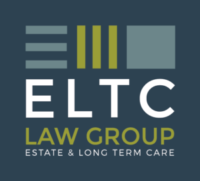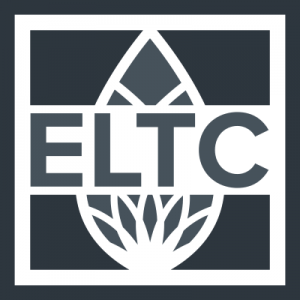Trusts are exceptional estate planning tools that can be used to address a wide range of situations. They can help you save money, plan for your future, and protect your family from unnecessary stress and expense. Trusts generally let you transfer control of certain property and assets to a document that will essentially own them on your behalf. There are two main types, called revocable and irrevocable trusts. Your chosen trust will depend on your specific estate planning goals.
Irrevocable Trusts
Once you sign an irrevocable trust, you cannot modify or withdraw it. It can only be changed under very specific conditions. Irrevocable trusts can help you avoid estate taxes and protect your assets by relinquishing ownership of a property or asset. For example, when you transfer property into such a trust, you don’t own it anymore—it’s technically owned by the trust itself. Because you don’t own or control it, you won’t have to pay estate taxes on the property. You can do the same with your assets to protect it from a creditor who comes to collect payment on a judgment. Irrevocable trusts can also be used to transfer assets into a charitable trust, which will later provide the trust creator (or the estate) with a charitable tax deduction.
Pros: The trust is an excellent option for tax planning, asset protection, and charitable estate planning. It can help you save money and maximize the assets you leave behind for your loved ones.
Cons: It’s impossible to alter the terms or cancel the trust, which can make it difficult to respond to major changes in your life.
Revocable Trusts
Unlike irrevocable trusts, revocable trusts are modifiable; you can change the terms or cancel the trust at any time. Some revocable trusts are designed to become irrevocable after the trust’s creator has passed away. As long as you live and have the mental capacity to oversee your own affairs, you retain the ability to manage the trust. It’s commonly used to avoid probate, which only applies to property you own. If you have a certain piece of property that you’d like to go straight to your loved ones, you can transfer ownership of that property to your revocable trust and let it skip the probate process. You can also appoint a Disability Trustee using your revocable trust. If you become incapacitated or unable to manage your own affairs, this person will have control over your trust assets, saving your family the trouble of getting a court-appointed conservator.
Pros: The trust is flexible, modifiable, and allows you to retain control over your affairs. It’s great for probate avoidance and incapacity planning, and unlike the public probate process, it keeps your family’s affairs private.
Cons: Typically cannot be used to save on estate and inheritance taxes or protect your assets from creditors. When it comes to Medicaid planning, the trust assets are considered to be yours.
If you need advice on the right trust for your particular needs, an estate planning attorney will be the most reliable source of information. Call Denise Stewart, Attorney of the Estate & Long Term Care Group to discuss your wishes and your family’s needs. We will make sure you are satisfied with the results.


